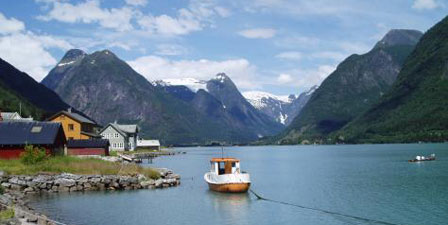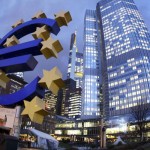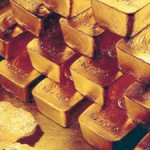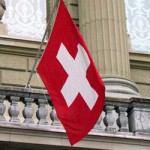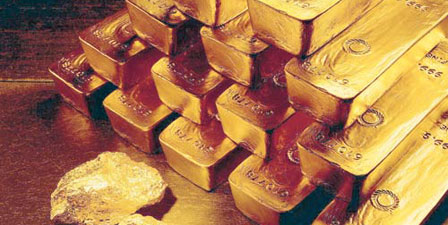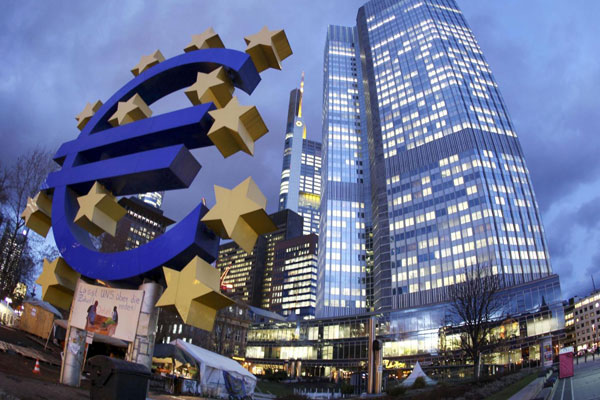Norway, like its Nordic cousins, is a welfare state with high living standards, abundant welfare benefits… and very high taxes. But it’s the richest member of the Sauna Club, thanks to its wealth of offshore oil and natural gas.
That bounty has been used wisely, with much of the surplus accumulated in the world’s second largest sovereign wealth fund – more than $540 billion invested in shares and other assets outside the country.
Norway stayed out of the European Union and of the Eurozone. It controls its own currency and is free to conduct its own fiscal and monetary policies… responsibly.
To control inflationary pressures, with housing prices at all-time highs, the central bank maintains a credit squeeze. Its policy rate of 1.75 per cent is second only to Australia’s in the ranks of industrialized nations.
Not surprisingly, in a world of financial crisis, and offering a potent combination of independence, responsible governance, oil wealth and income yield, the country is viewed as a haven by international investors. Its currency, the Norwegian krone or “Nokkie,” is seen as an attractive alternative to the euro, against which it has risen strongly over the past three years. There’s said to be “overwhelming” global demand for the currency.
So… what lessons can the nations of Europe’s troubled South draw from those of its resilient North?
- Tough action to address major problems, even if you enrage foreigners, nationalize banks, penalize the wealthy and annoy the voting masses, is always better than prevarication.
- A welfare state is fine providing you collect enough tax to pay for it. The best way to counter bond investors’ fear of high public debt is to have a credible plan to trim long-term welfare costs to bring them into line with available resources.
- When financial crisis strikes, it’s better to cut taxes to stimulate enterprise and job creation than to raise them, even though that means public debt growth cannot be contained so quickly.
- Free-market solutions are more effective in responding to the problems created by a debt crisis than ones based on state spending.
If you’re interested in investing in The Sauna Club, here are some ideas:
Novo Nordisk, listed in Copenhagen [NOVO B: CPH] is the world’s leading producer of treatments for diabetes, including half the high-margin insulin market. Its dividend yield is unexciting, but the payout has been increasing by an average of 32 per cent a year over the past five, and it’s twice covered.
Swedish Match, listed in Stockholm [SWMA:STO], is the world’s best-known producer of “moist smokeless” tobacco products such as snuff, snus and chewing tobacco, although it also makes machine-made cigars… and of course matches. Most sales are in Sweden, Norway, the US and Brazil. This is a great stock with an excellent growth record, currently offering a yield of almost 2½ per cent, twice covered.
Yara International, listed in Oslo [YAR:OSL], is the world’s leading provider of nitrogen fertilizer, with operations in more than 50 countries. It also has a great track record, with annual earnings growth averaging 25 per cent over the past five years. It offers an attractive yield of about 3 per cent, six times covered.
this article follows on from: After disaster, bounce-back momentum and is the final article in The Sauna Club posts:
CopyRight – OnTarget 2012 by Martin Spring
